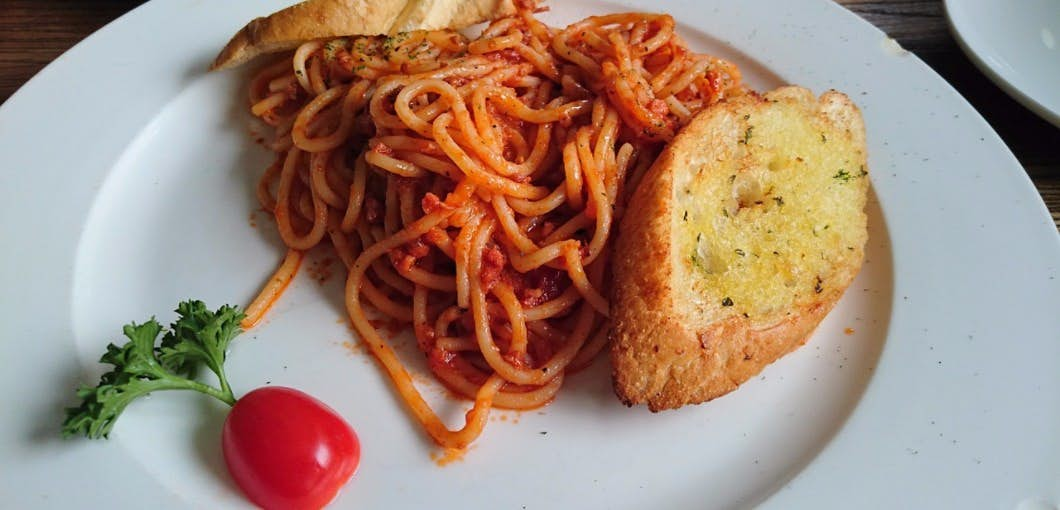
In a newly published study, researchers at the University of Toronto have demonstrated that a low-carb diet appears to significantly squash colon cancer growth.
This is further confirmation of Dr. Thomas Seyfried’s new findings about the fundamental nature and causes of cancer, which Cancer Defeated described recently in Issues #415 and #416.
If the new research is on target -- and I think it is -- you may literally be able to eat away cancer before it eats away at you! Here’s the latest. . .
Continued below...
Video of the Week:"Shocking Confessions of a Drug Company Insider" In this exposé, a top executive of a major pharmaceutical company spills the naked truth about the drugs you and your family take... which drugs heal, and which ones KILL... what doctors turn to when they don't know the cure... what they do when they themselves or their loved ones are stricken with disease or illness... what life-saving resource they insist should be in every home. Watch this must-see video now because your life -- or the life of your loved ones -- may depend on it. |
The Canadian researchers used a low-carbohydrate, high-protein diet on lab mice. This differs from the typical diet in the U.S. and Canada, which is loaded with sugar and starchy carbohydrates such as pasta and bread. The typical diet also tends to be high in saturated fats from cheeses and red meat.
According to a university press statement, the researchers found that microbes in your intestine convert carbohydrates into metabolites that spur cancer growth. A low-carbohydrate diet shut down this process and led to a whopping 75 per cent reduction in cancer incidence in this animal study!
The Toronto researchers do not, however, endorse the Seyfried theory as such. They believe the low-carb diet’s success in treating colon cancer is uniquely due to the interaction of microbes and carbs in the intestine. In effect, the digestive process produces cancer-causing toxins.
For this reason, they don’t make a general claim for the low-carbohydrate as a treatment for all cancers. I believe they’re mistaken. I view their finding as an important step in demonstrating a general link between a high-carb diet and cancer.
Obviously, more work needs to be done. The Canadian team wants to explore whether the low-carb diet will be effective at treating advanced colon cancer in mice, and they’re planning to work with clinical researchers to see if a similar change in eating habits can improve outcomes for humans with colon cancer.
Having heard and seen a great deal of evidence, from doctors and patients alike, that a low-carb diet DOES help control cancer, I don’t have much doubt about what the University of Toronto people will find by the end of all these planned studies. . .
Cut carbs now, don’t wait
The high-sugar, high-carb Western diet is probably the reason that colorectal cancers are the third leading cause of cancer deaths in the U.S. (and the number two cause in Canada).
According to the American Cancer Society, an estimated 96,830 cases of colon cancer and 40,000 cases of rectal cancer are expected to occur in 2014. What’s more, this form of cancer is expected to claim more than 50,000 lives this year alone. This is a major killer.
But it appears that changing your diet could have long-term health benefits that include cancer suppression.
You can also benefit from the food recommendations made by renowned New York University cancer researcher Dr. Lawrence Burton, Ph.D.
Burton invented an alternative cancer treatment called Immuno-Augmentative Therapy (IAT). The philosophy and foundation of IAT is based upon the premise that many cancers can be controlled by restoring a patient’s immune system.
Dr. Burton’s research led him to isolate certain naturally-occurring proteins found in human blood sera. He discovered that some of these proteins played a beneficial role in controlling abnormal cell growth.
Also, the IAT clinic is now treating cancer patients with nutritional therapy using substances called phytochemicals found in plants. These cancer-fighting ingredients are found mostly in cruciferous and other green vegetables, such as:
|
If people ate plenty of these raw vegetables daily, it would probably eliminate the need for a pharmaceutical cancer cure.
To take it one step further, one respected cancer scientist believes…
A low-carb diet could even
REPLACE chemotherapy and radiation!
Because cancer is a metabolic disorder – as Dr. Seyfried has demonstrated -- the best way to treat it is through the DIET—NOT through toxic radiation and poisonous chemotherapy drugs.
Dr. Seyfried, professor and leading cancer researcher at Boston University, believes that a low-carb, high-fat eating plan – called the ketogenic diet -- can be a major tool for fighting cancer.
According to Dr. Seyfried’s studies, which I heartily endorse, healthy cells can get their energy from fat, glucose and ketones (substances made when the body breaks down fat).
However, cancer cells lack this flexibility and need vast amounts of glucose to survive. So by limiting carbohydrates, you’re essentially starving cancer cells to death. And the good news (in my opinion) is that the Seyfried diet permits you to eat plenty of meat and literally all the fats you want. Cancer cells can’t utilize these sources of energy.
In an interview published on the Examiner website, Dr. Seyfried said “The reason why the ketogenic diet is not being prescribed to treat cancer is purely economical [stet]. Cancer is big business. There are more people making a living off cancer than there are dying of it."
Simply put, if doctors prescribed the ketogenic diet for preventing and treating cancer it would gut a massive cash cow for hospitals, doctors and pharmaceutical companies.
But this doesn’t have to stop YOU from adopting a low-carbohydrate, cancer killing diet plan.
It just might be the ounce of prevention you need to replace a pound of cure later.
Kindest regards,

Lee Euler, Publisher
References:


